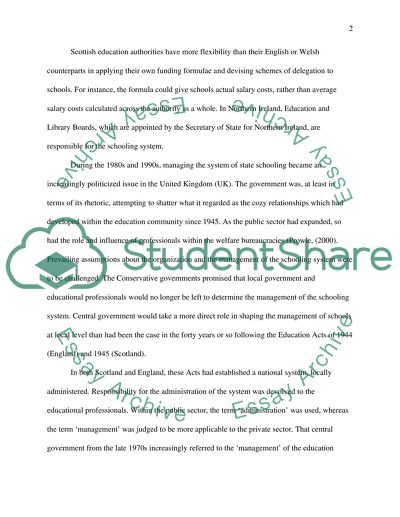Cite this document
(“Scottish Education Essay Example | Topics and Well Written Essays - 2750 words”, n.d.)
Scottish Education Essay Example | Topics and Well Written Essays - 2750 words. Retrieved from https://studentshare.org/education/1533536-scottish-education
Scottish Education Essay Example | Topics and Well Written Essays - 2750 words. Retrieved from https://studentshare.org/education/1533536-scottish-education
(Scottish Education Essay Example | Topics and Well Written Essays - 2750 Words)
Scottish Education Essay Example | Topics and Well Written Essays - 2750 Words. https://studentshare.org/education/1533536-scottish-education.
Scottish Education Essay Example | Topics and Well Written Essays - 2750 Words. https://studentshare.org/education/1533536-scottish-education.
“Scottish Education Essay Example | Topics and Well Written Essays - 2750 Words”, n.d. https://studentshare.org/education/1533536-scottish-education.


